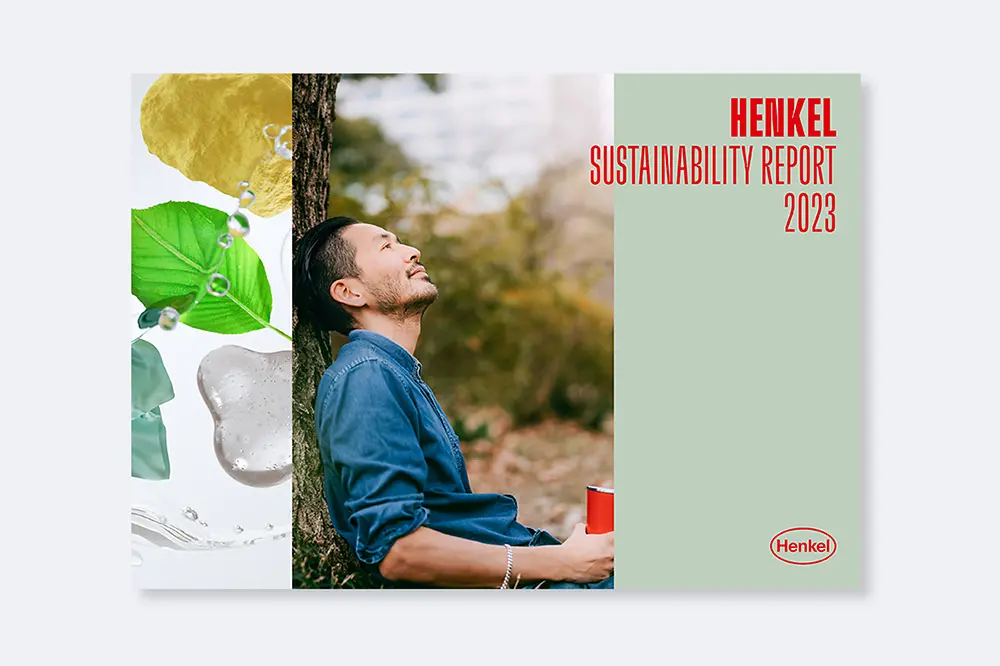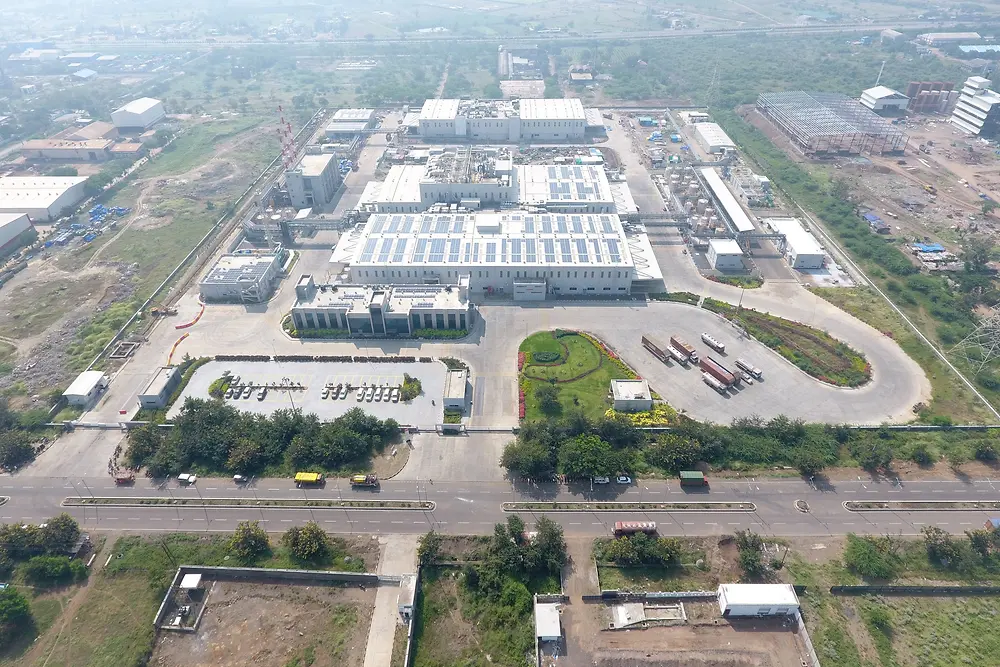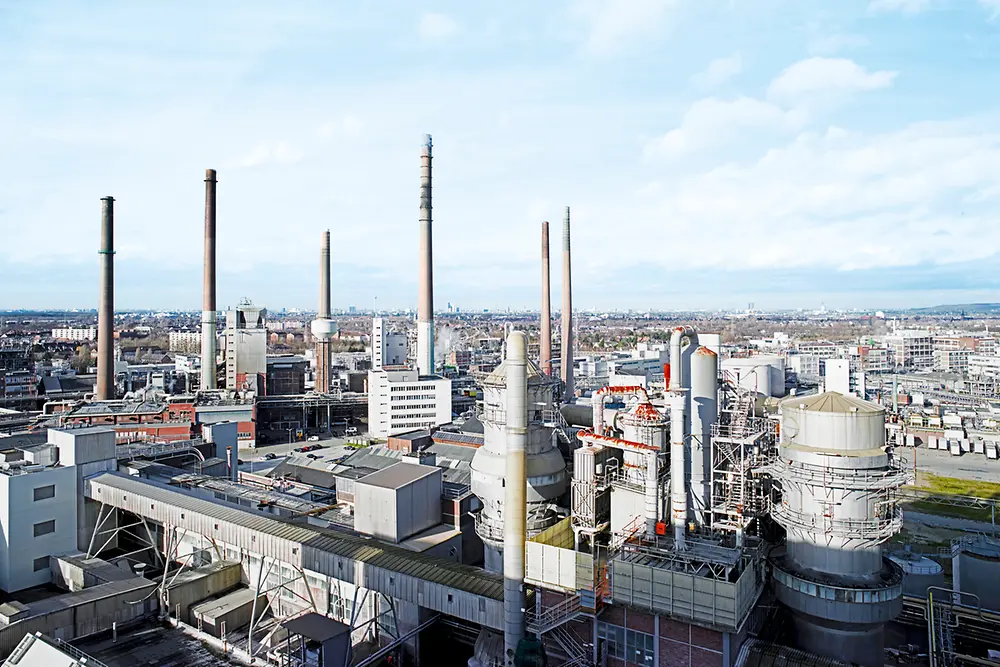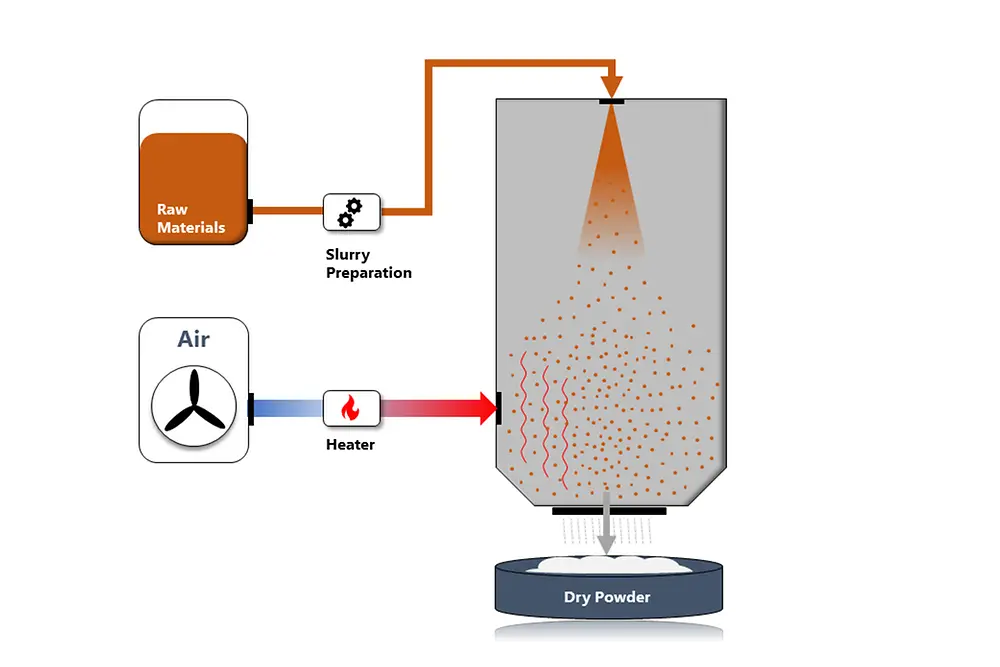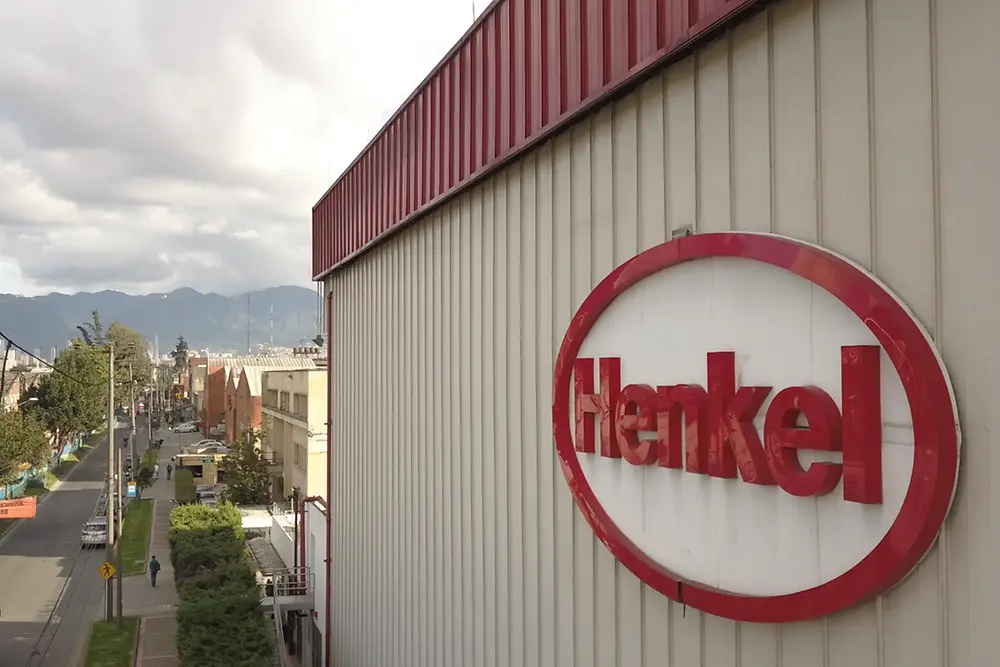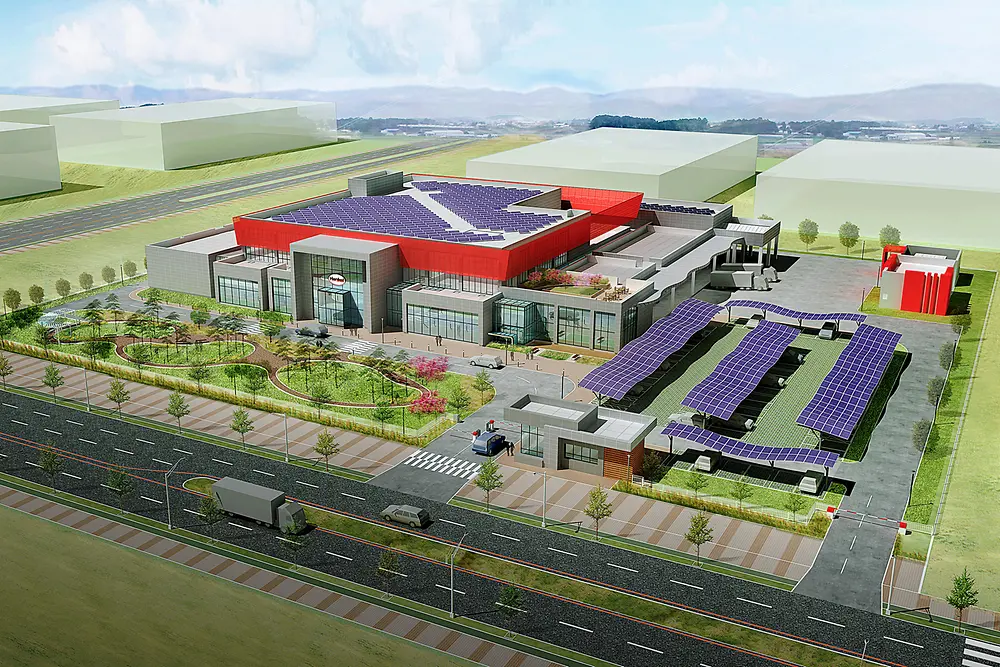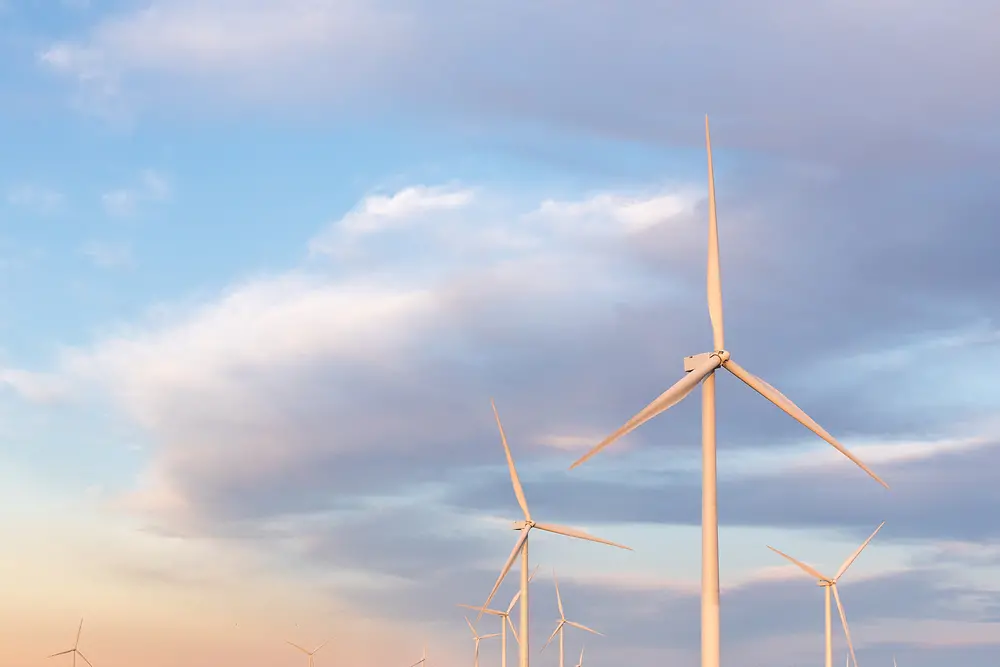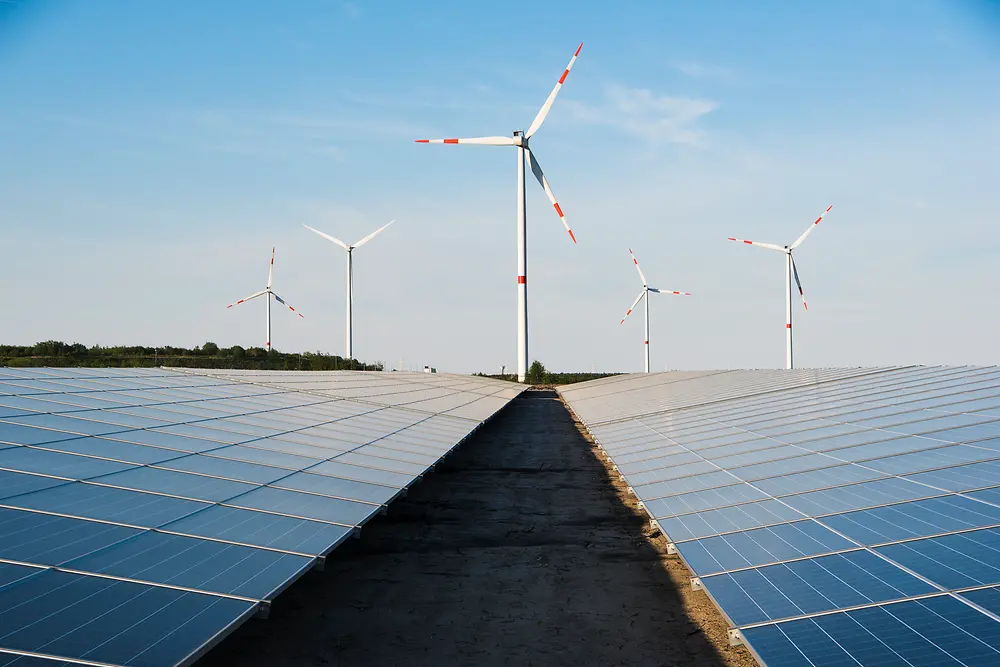Discover the brands and technologies from our business units Adhesive Technologies and Consumer Brands.
Saving energy in production
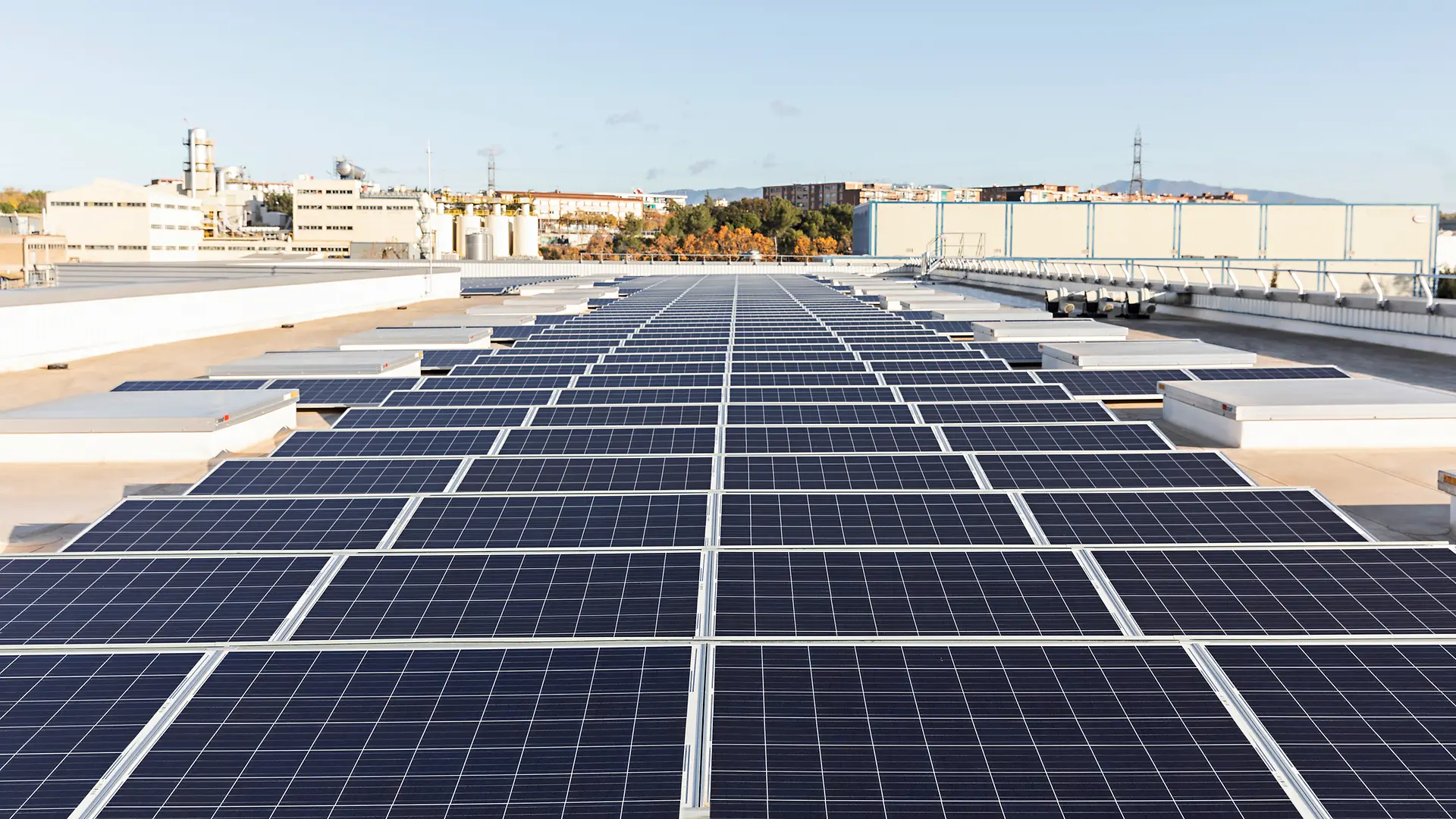
Editor’s note: This article was updated on March 16, 2022.
In this story, you'll learn:
Increased emissions of greenhouse gases like carbon dioxide (CO2) are changing our planet’s climate. The effects of climate change will negatively impact billions of humans, but it is possible to mitigate these effects. Companies can reduce greenhouse gas emissions by switching to renewable energy and improving efficiency in their production processes. Four examples from around the world demonstrate how we’re saving energy at our factories worldwide.
Climate change is a crisis with potentially dramatic consequences for everybody on Earth. That’s why individuals and organizations around the globe must take decisive action to tackle it immediately. In this spirit, the United Nations has set a clear target for limiting the rise in our planet’s temperature as part of the Paris Agreement on Climate Change. Henkel recognizes the serious challenges presented by a warming planet and has set specific targets for itself to help mitigate negative impacts from climate change – starting with our commitment to converting our production sites to a climate-positive C02 balance by 2030. In addition to climate change, rising energy costs, resource scarcity and evolving regulatory landscapes make energy efficiency a key contributor to the future of business. This global challenge is also an opportunity to save costs, reduce CO2 emissions and increase productivity. Henkel aims to cut its CO2 footprint by 65 percent by 2025 in comparison to the base year 2010. We’re taking steps to reduce energy consumption at all of our sites worldwide, include designing sustainable factories, retrofitting existing plants with smart technologies, switching to renewable energy, and unlocking the potential of smart factories.
Smart factory with an energy-efficient design in Kurkumbh, India
Increasing energy efficiency at our production sites begins when we design new factories. Our factory in Kurkumbh, India, was designed as a smart factory. It enables a wide range of Industry 4.0 operations and meets the highest standards for sustainability. The site layout was developed in line with lean manufacturing concepts that organize material flows in the best possible way to increase productivity, minimize waste and cut emissions. Alongside highly efficient equipment, it uses digital technology to optimize processes, and features smart systems for ventilation, air conditioning and lighting. The roof is covered by 7,000 square meters of solar panels that generate more than 1,000,000 kilowatt hours of energy and save around 800 tons of CO2 each year. Plans are in place to add more panels and purchase additional solar power from an external provider. In recognition of its energy-efficient design, the factory is one of only a handful of chemical manufacturing sites in the world that have received the LEED Gold certificate from the US Green Building Council.
Optimizing production processes in Düsseldorf, Germany
We prioritize energy-savings at long-established sites like our headquarters in Düsseldorf, Germany. In 2019 we optimized our spraydrying tower at this site. This tower is used to make a powder that forms the basis for many of our laundry detergents. More than one third of the energy consumed by our Laundry & Home Care business in Düsseldorf is used in this process. Our team installed additional sensors inside and outside the tower to gather more data, and this data is made available in our global Digital Backbone system. It enables us to optimize the efficiency of our production processes and to make comparisons across our sites worldwide. Following this successful pilot project in Düsseldorf, we’re implementing this data-driven approach at all our factories that produce washing powder with spraydrying towers. This will empower our teams to identify opportunities to further increase energy efficiency by analyzing data at their site, as well as by benchmarking against other sites around the globe.
Energy-saving measures in Bogotá, Colombia
Our optimized spraytowers are just one example of energy-saving measures to make our production processes more efficient. Our Beauty Care team is also taking several steps to increase energy efficiency at our factory in Bogotá, Colombia. We’ve reduced energy consumption for lighting by 5 percent by switching the entire site to LED bulbs. On top of this, we’re introducing a closed-loop pipeline system for carrying heated water that is used to make hair and body care products, which has the potential to reduce CO2 emissions by 33 tons per year. We also plan to install solar panels across the site’s 8,000-square-meter roof, while using digital technologies to drive continuous improvement and further increase our Overall Equipment Effectiveness.
Efficiency goes high-tech in Songdo, South Korea
State of the art technology and environmentally friendly features raise the bar for future energy efficient production at our new production facility in Songdo, South Korea. The two-story plant adds 10,144 m2 of space to the Incheon Free Economic Zone and will commence full production in early 2022. The plant will be a global production hub for Adhesive Technologies’ electronics business, producing high-impact solutions for the global electronics industry at a facility designed to minimize environmental impact and leverage smart technologies. The site will be outfitted with solar panels and use energy efficient equipment. Rainwater will be recycled, and green land has been secured around the site. The efficiencies extend from features on site to the processes in production. Smart Factory tools improve planning, procurement, manufacturing and logistics. Data-driven, intelligent systems control machines and optimize production processes in real time – including energy consumption. That way, Henkel can meet a global challenge and seize the opportunity to raise efficiency standards for our industry.
The new Adhesive Technologies plant in Songdo, South Korea, will become a global production hub for Henkel´s electronics business. It will commence full production in early 2022.
